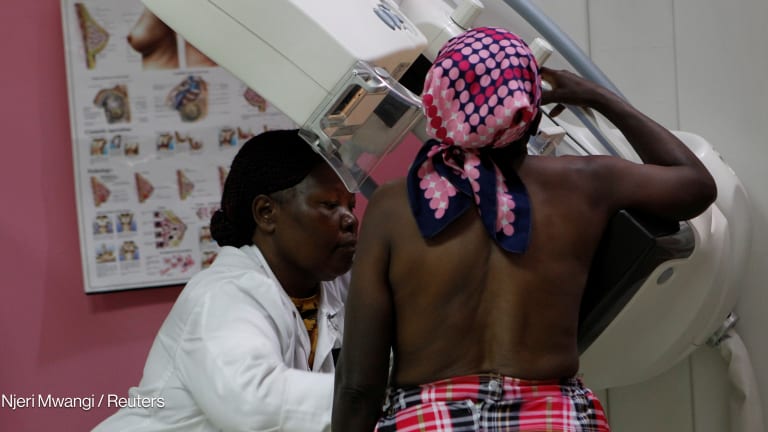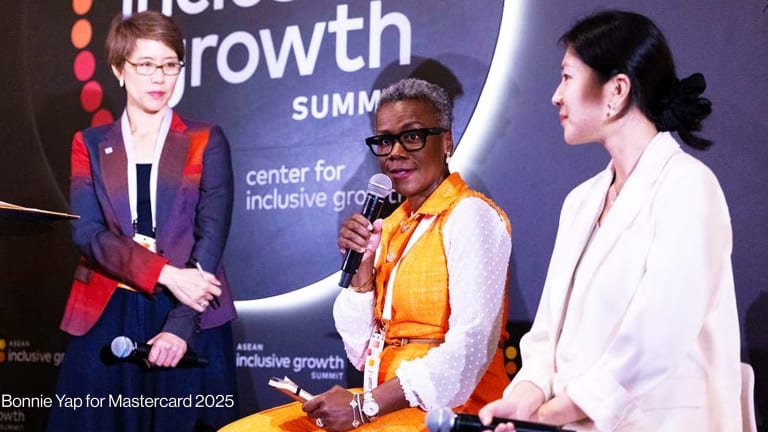Nearly a year after world leaders adopted the broad-reaching Sustainable Development Goals, leading scientists, innovators and civil society actors are turning their attention to the first phase of how to achieve them. A key starting point is the question of how to measure the SDGs most effectively on local, national and global levels.
Simple advances such as better data collection, could offer headway on the complex tasks of eliminating poverty and reducing inequality throughout the world. A number of new international partnerships, data initiatives and funding opportunities are establishing a connection between science, technology and innovation and the SDGs, which many in those fields say is essential for progress.
A new “SDG Index and Database” launched last week by the New York-based Sustainable Development Solutions Network and the German nonprofit Bertelsmann Foundation, marks the first global effort to track the goals at the country level. The index creates a template, using available data on measuring countries’ initial status on reaching the 17 goals. The Democratic Republic of the Congo, Liberia and Central African Republic are so far the worst performing nations, Sweden, Denmark and Norway have made the most initial progress, according to the index.








